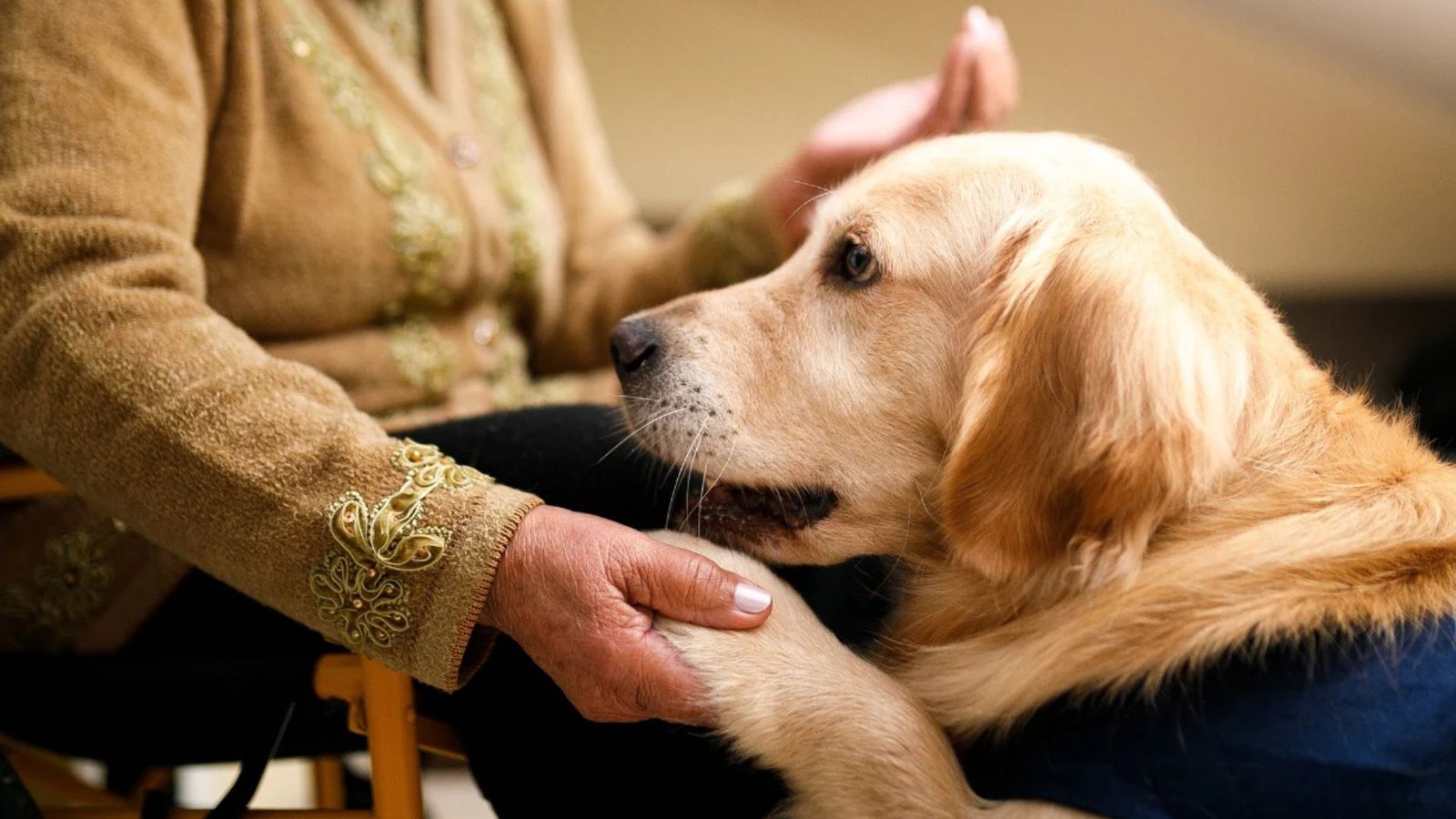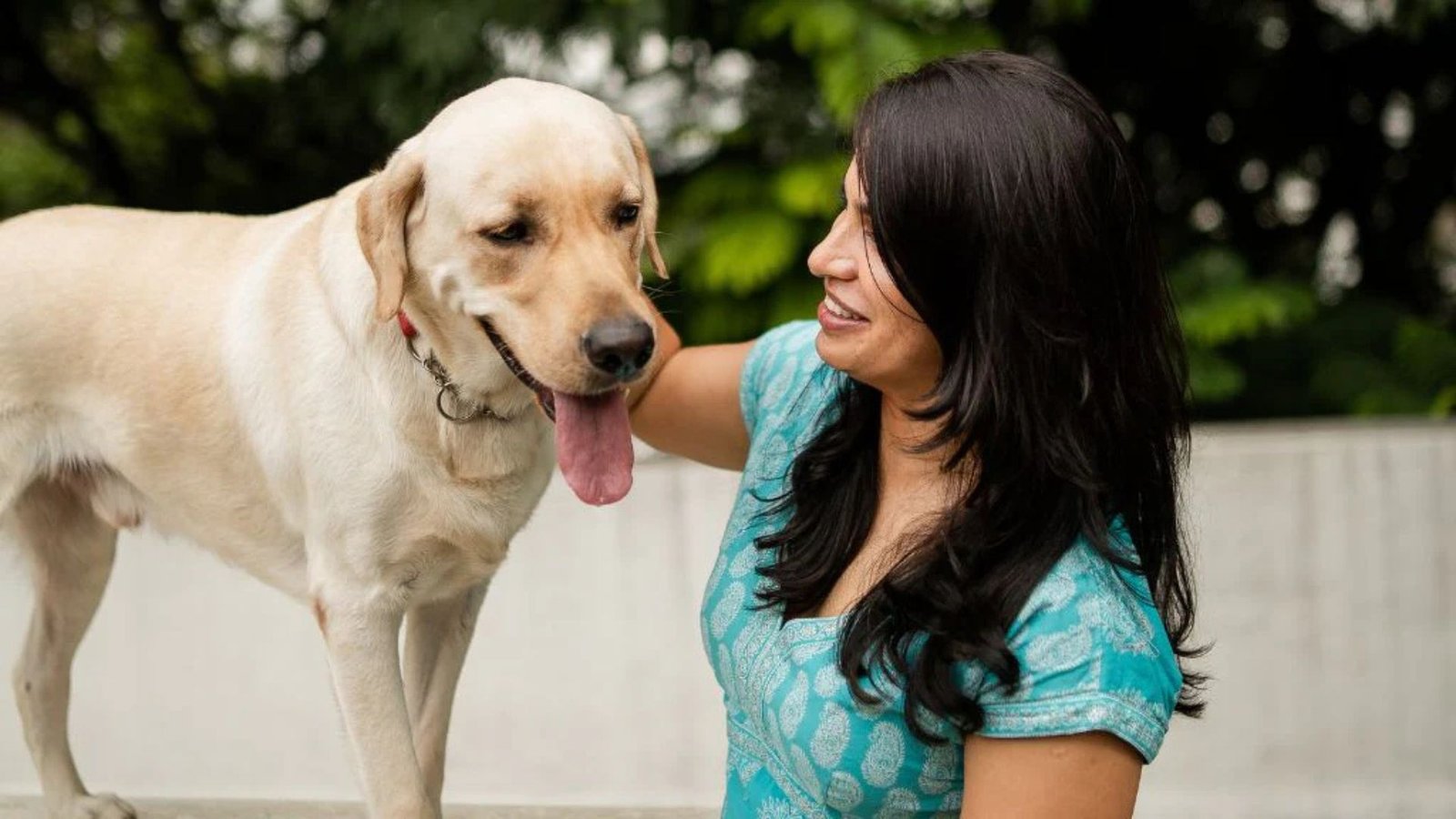Taking care of a senior dog is a rewarding but challenging experience. As your dog grows older, they may need more attention and care to maintain their health and happiness. Understanding how to take care of a senior dog is essential to ensuring they live a comfortable, pain-free life. In this article, we’ll provide helpful tips for looking after your aging dog, focusing on their health, diet, exercise, and emotional needs.
1. Monitor Their Health Regularly
As your dog ages, regular vet check-ups become even more important. It’s crucial to monitor your senior dog’s health closely to catch any potential issues early. Regular visits to the vet will help identify common health problems in older dogs, such as arthritis, dental disease, or kidney issues. During these visits, your vet can provide valuable advice on how to care for your dog as they age, including specific dietary recommendations or necessary medical treatments.

2. Provide a Comfortable Living Space
One of the key elements of taking care of a senior dog is ensuring they have a comfortable living space. As dogs age, they may experience joint pain or difficulty getting up and down. To make life easier for them, provide soft bedding that offers good support for their joints. Avoid placing their bed in a drafty area, and make sure it’s easy for them to access. A cozy, quiet spot will help them rest peacefully and stay comfortable.
3. Adjust Their Diet for Aging Needs
How to take care of a senior dog also involves paying attention to their diet. Older dogs have different nutritional needs compared to younger dogs. Senior dog food is specially formulated to provide the right balance of nutrients, such as fewer calories, more fiber, and added joint support. Talk to your vet about the best diet for your aging dog. Be mindful of any changes in appetite or weight, as these can signal health issues that need attention.
4. Keep Them Active with Gentle Exercise
While senior dogs may not have the same energy levels as they once did, it’s still important to keep them active. Exercise helps maintain muscle tone, supports joint health, and keeps their weight under control. When learning how to take care of a senior dog, you should focus on gentle exercises, such as short walks or low-impact play. Swimming is also a great option because it’s easy on the joints. Make sure not to overdo it, and always watch for signs of fatigue.
5. Help Them Manage Joint Pain
Joint pain is a common issue for senior dogs, especially as they age. Arthritis can make it difficult for them to move around or jump. To help ease their discomfort, consider adding joint supplements to their diet, which can support cartilage and joint health. Your vet may also recommend medications or treatments, such as anti-inflammatory drugs, to help manage their pain. Keep your home free of obstacles that could make it harder for them to move around.
6. Maintain Their Oral Health
As dogs age, dental problems become more common. Maintaining your senior dog’s oral health is an essential part of how to take care of a senior dog. Bad breath, broken teeth, and gum disease can all affect their overall well-being. Make sure to brush your dog’s teeth regularly and schedule professional cleanings with the vet. If you notice any signs of dental problems, such as difficulty eating or drooling, make an appointment with your vet as soon as possible.
7. Monitor Their Weight
Maintaining a healthy weight is particularly important for senior dogs. Excess weight can put added strain on their joints and lead to other health problems like heart disease or diabetes. If you’re wondering how to take care of a senior dog’s weight, be sure to feed them an appropriate portion size based on their size, breed, and activity level. Regularly weigh your dog and make adjustments to their food intake if necessary. If your dog has trouble losing weight, consult your vet for advice.
8. Keep Their Mental Health Stimulated
Senior dogs may experience cognitive decline, much like humans do as they age. To keep their minds sharp, engage them in stimulating activities. Puzzle toys, obedience training, and interactive games can provide both physical and mental exercise. Keeping your senior dog’s mind active can help reduce the risk of anxiety and confusion, which are common in older dogs.
Conclusion
Taking care of a senior dog requires patience, attention, and love. By closely monitoring their health, adjusting their diet, providing gentle exercise, and addressing their emotional needs, you can ensure that your dog enjoys their golden years to the fullest. Remember, a little extra care can make a big difference in their quality of life.




